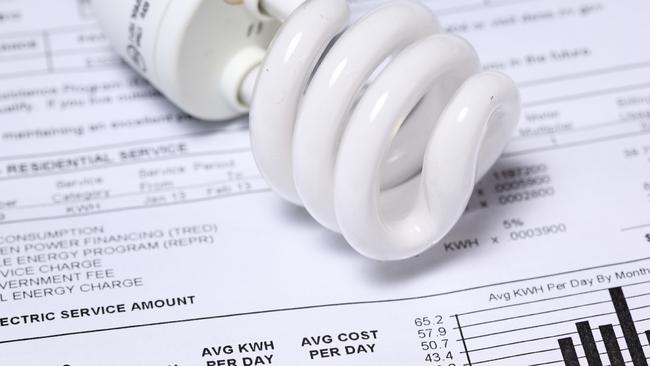State’s largest energy retailer, AGL, set to hike electricity bill prices
THE state’s largest energy retailer will slug its customers with an average annual hike of $228 on their electricity bill.

SA News
Don't miss out on the headlines from SA News. Followed categories will be added to My News.
THE state’s largest energy retailer, AGL, will slug its customers with an average annual hike of $228 on their electricity bill.
The 12 per cent price hike applies from next month and will have a massive impact as around half the state’s householders are AGL electricity customers.
The price hike has prompted urgent calls from welfare groups for householders to shop around for cheaper deals and save hundreds of dollars a year.
SA Council of Social Services executive director Ross Womersley said he was surprised at the price hike and didn’t understand the rationale behind it.
“No doubt this decision comes at an extraordinary time with householders having just seen savings in network charges of around $140 a year,’’ Mr Womersley said.
State Treasurer Tom Koutsantonis, himself an AGL customer, also urged customers to shop around.
He said the price rise was unjustified and “a dramatic increase for South Australian families’’.
In a statement issued this morning, AGL said the price rise was “mainly driven by the cost and availability of coal and gas supply for electricity generation as well as the changing mix of generation output’’.
It added that the closure of the coal fired Port Augusta power stations “has contributed to the price changes’’.
Opposition energy spokesman Dan van Holst Pellekaan blamed the Government’s promotion of renewable energy for the price rise.
“Labor’s flawed electricity policy led to the closure of the Port Augusta Power Station and now the Weatherill Government is proposing to spend hundreds of millions of taxpayers dollars upgrading an interconnector so it can import coal-generated electricity from Victoria,’’ he said.
AGL said the average weekly electricity bill increase would be $4.40 per week but this would vary “substantially depending on a customer’s tariff type, their usage, and their existing energy plan’’.
The company also warned that new fees for over-the-counter payments and the issuing of paper bills would apply from October 2016.


